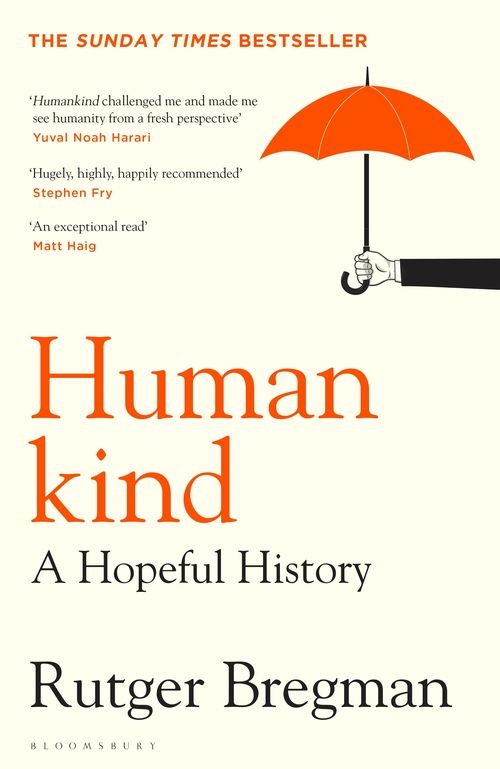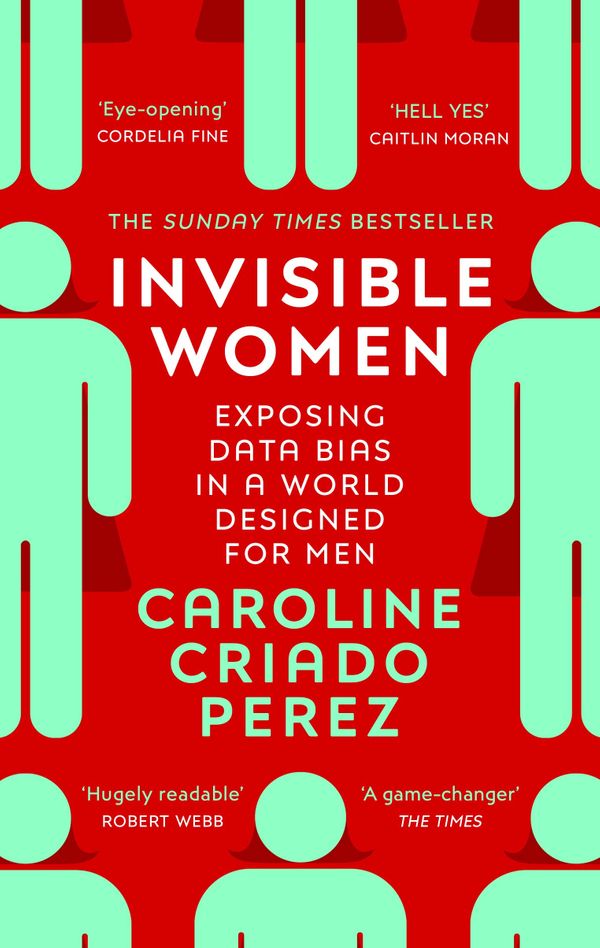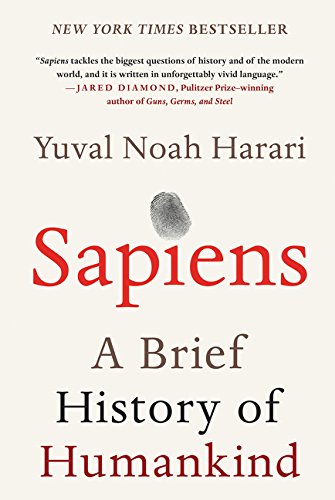By Rutger Bregman (2019)
Pages: 400, Final verdict: Great-read
Rutger Bregman is not your average historian. 32, Dutch, he rose to fame with his 2014 best-seller Utopia for Realists, where he shared his thesis for reconstructing modern society with "utopian" like universal basic income or a shorter workweek. His stardom was supercharged in 2019 when he called for higher taxes on the rich at the World Economic Forum in Davos.
His last book - Humankind: A Hopeful History - poses again a contrarian view of the world. This time, about humanity itself: Are we inherently selfish, or are most people actually "pretty decent"?
The survival of the kindest
In 1940 the German Reich launched a massive bombing campaign - the Blitz - against the United Kingdom. The goal, as Hitler briefed his generals, was simple: to ruthlessly challenge the British "will to resist". Over 9 months, 80,000 bombs were dropped in London. Millions of buildings were destroyed, and more than 40,000 people lost their lives.
Yet, chaos did not ensue. The British continued living their lives: kids kept playing in the street, people stuck together, and even the British humour remained untouched, with shop owners advertising their wrecked buildings as "More open than usual".
The Germans believed that the British would breakdown in face of destruction. In fact, the opposite happen. They came out of the Blitz, stronger, more united and with an unshakeable determination to endure the war. Time and again, this story repeats. In the post-9/11 in 2001 or after hurricane Katrina in New Orleans, when times are at their direst, humanity surfaces. Solidarity, selflessness and compassion take over.
"Catastrophes bring the best in people. I know of no other sociological finding that is backed by so much solid evidence but is so blithely ignored" - Rutger Bregman
Bregman is out to challenge the conventional view that we are hardwired for selfishness, that human morality is held together by a thin veneer that hides our brute and selfish nature. In fact, Bregman argues, our kind nature is an evolutionary advantage passed on by our ancestors. To sustain his argument, he finds evidence in archeology, social science studies done with toddlers and primates, and even in a fascinating 60-year experiment started by geneticist Dmitry Belyaev in Serbia where selective breeding led to friendly puppy-like foxes.
Decoding human evil
But if we're so kind, even down to the genetic level, how do we explain all the evil in the world? Is conflict simply a byproduct of being human? In the end, all wars, genocides and crimes were done by people just like us.
That is what Part II and Part III of the book are all about. Rugter borrows from Jean Jacques Rosseau the idea that civilisation is to blame. That conflict, war, and corrupt power are a recent invention, and that it all started 15,000 years ago with the advent of agriculture. To guide us through his thinking are anecdotes from the anthropology, the holocaust, the making of terrorism cells and multiple social psychology experiments.
In the process, Rutger challenges the bystander effect - a theory that says people are unlikely to help to a victim in the presence of others - by retelling the actual story behind the murder of Catherine Genovese, and takes a different view on the (in)famous Milgram shock therapy experiment to analyse why we inflict pain in others.
But Bregman does recognise the (recent) merits of civilization, in that we've become safer - less than 0.1% of people in the Netherlands die of violent deaths vs 12% in the Middle Ages - richer - extreme poverty has dropped to below 10% - and peaceful. His larger point is that because we assume that humans are selfish beings who cannot be trusted we created a social system based on hierarchies and laws where selfishness becomes a self-fulfilling prophecy.
"If you take the history of civilization and clock it over twenty four hours, the first twenty three hours and forty five minutes would be sheer misery. Only in the final fifteen minutes would civil society start to look like a good idea" - Rutger Bregman
Finally, Part V is about change. About companies, institutions and cities that are changing how societies operate. In it, Bregman visits unconventional prisons in Norway, a school in the Netherlands - Agora - where children are not organized by age - and cities in South America that are changing the face of participatory democracy. All to show us how the world can be a different, kinder, more inclusive place.
Bottom line
Humankind: A Hopeful History is a provocative, yet refreshing book. It takes an unpopular view of humanity - that people are kind, selfless beings - and guides the reader through many moments in history where that view has been challenged, confronted, or confirmed.
Bregman books are particularly impressive in that he really goes down the rabbit hole in looking for the facts behind the stories that we have taken for granted. His opening chapter about the "Real Lord of the Flies" is a prime example of that.
On the flip side, in more than one occasion I felt the book pushes for the "kindness" theory without the due intellectual rigour. His assertion that hunter-gather societies lived peacefully and worked less hours that contemporary societies is based on weak evidence and has been contradicted by, among others, Vaclav Smil (in his book).
Humankind: A Hopeful History is a great pairing for Yuval's Sapiens or Malcom Gladwell's Tipping Point. In Gladwellian or Harari's fashion, Bregman challenges your view of humanity and finds relevant stories buried deep in academic reports and history books. But unlike the Canadian and Israeli counterparts, Bregman will leave you with a more compassionate, hopeful view of the world.



